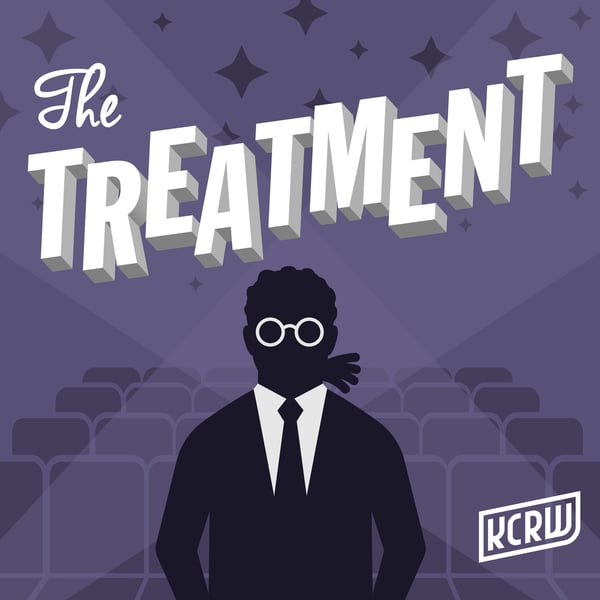Max Brooks: ‘Germ Warfare: A Very Graphic History’
The Treatment
KCRW
4.6 • 639 Ratings
🗓️ 29 June 2020
⏱️ 29 minutes
🧾️ Download transcript
Summary
Author and crisis historian Max Brooks (‘World War Z’, ‘Harlem Hellfighters’) brings his affinity to translating dystopian scenarios into compelling narrative with his project, ‘Germ Warfare: A Very Graphic History’.
Transcript
Click on a timestamp to play from that location
| 0:00.0 | From KCRW Santa Monica and KCRW.com, it's The Treatment. |
| 0:14.4 | Welcome to the treatment. I'm Elvis Mitchell. How's it a line go? It comes in many names, |
| 0:26.9 | the plague, the crisis, the what was it? I think I called it the walking plague. |
| 0:41.1 | Yes. The opening lines from the terrific novel, World War Z, my guest, who I think is uniquely qualified to write about institutions in denial of crisis, Max Brooks. Of course, we know him from zombie guy to the apocalypse. His new book sitting right in front of me is The Evolution. And, of course, |
| 0:46.8 | World War Z, but the book we're going to talk about today. And a book that sends chills from me |
| 0:51.2 | every time I pick it up is the graphic novel, German warfare, a very graphic history, Max, books. Thanks to something's coming back. |
| 0:56.2 | It's good to be here. Thank you. |
| 0:57.6 | But before we get into all these things, let's talk about your writing for a second, |
| 1:00.4 | because almost nobody ever does. |
| 1:01.8 | Sure. |
| 1:02.9 | And you do have this affinity for, even in Harlem Health Arts, identifying institutions |
| 1:07.3 | that are incapable of seeing what's in front of them. What does that come from for you? |
| 1:16.8 | I write about adaptation and adaptation trying to survive because that was my life. I think on a very personal level growing up with dyslexia, what was hard for me was easy for everyone else. So I had to |
| 1:22.5 | adapt. You know, back in the 80s, the system was set up for kids who were good on standardized tests that were timed. |
| 1:28.7 | That was it. I wasn't. So I had to develop coping mechanisms. I had a family that had to cope. |
| 1:35.3 | You know, my parents, Mel Brooks and Anne Bancroft, when you're in show business, you're living |
| 1:39.3 | project to project. So you're always having to adapt. You're always having to strategize. You can't just lock into a job and do it for 20 years and get a |
| 1:46.9 | retirement package at the end of it. So adaptation was always part of my life. But too, I mean, when you're talking about being dyslectic, and especially in the 80s, there was an entire institutional lack of recognition of that. Oh, yeah. And an ability to deal with it and lack |
| 2:02.4 | of empathy towards it. I might have gotten kind of a one-two punch because I think when you're the |
| 2:06.1 | child of celebrities, there's also a sense that you're lazy. And I don't think that was the case |
| 2:11.4 | in all my teachers. I think in all honesty, most of my teachers probably just didn't know about |
| 2:15.9 | dyslexia and just didn't |
... |
Please login to see the full transcript.
Disclaimer: The podcast and artwork embedded on this page are from KCRW, and are the property of its owner and not affiliated with or endorsed by Tapesearch.
Generated transcripts are the property of KCRW and are distributed freely under the Fair Use doctrine. Transcripts generated by Tapesearch are not guaranteed to be accurate.
Copyright © Tapesearch 2025.

